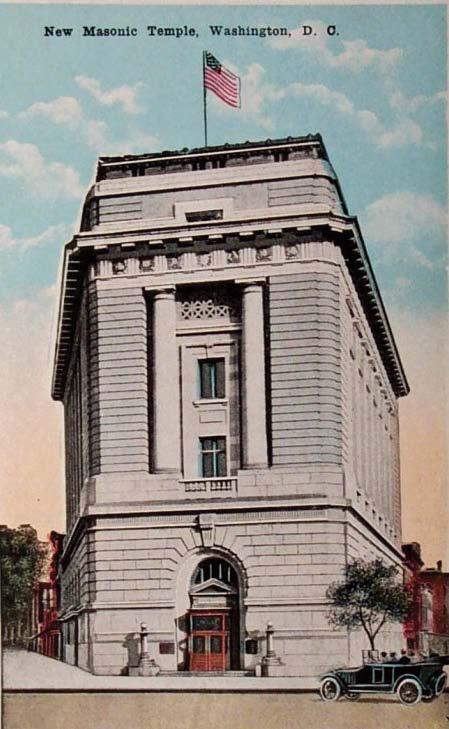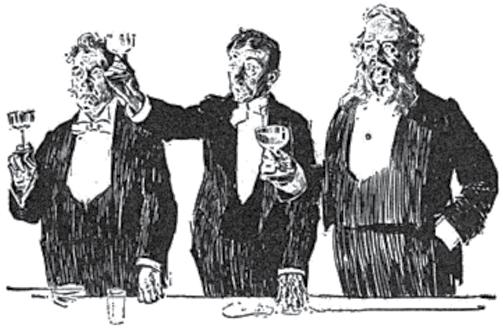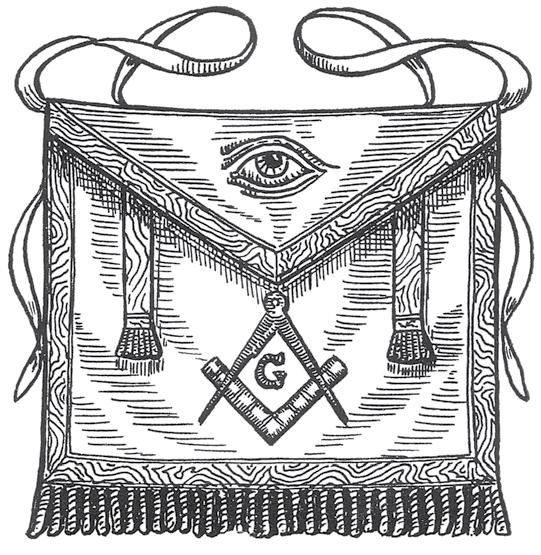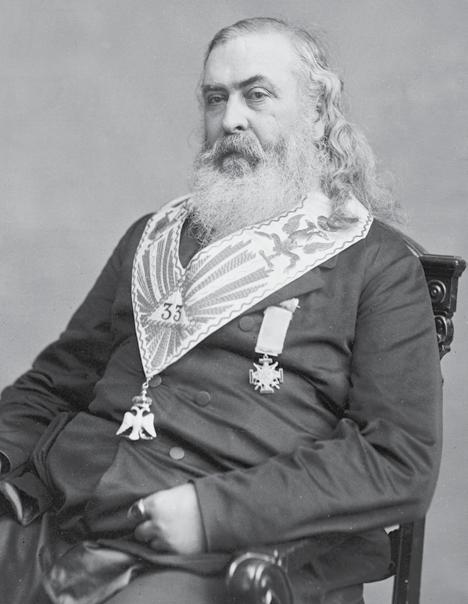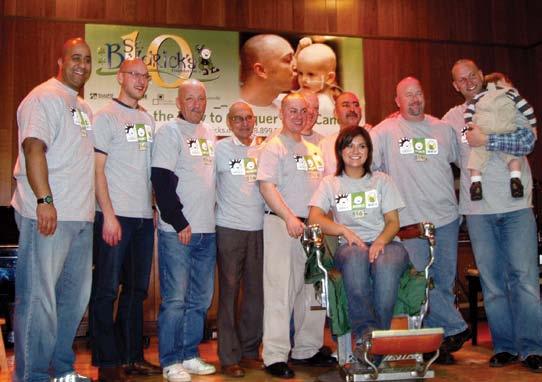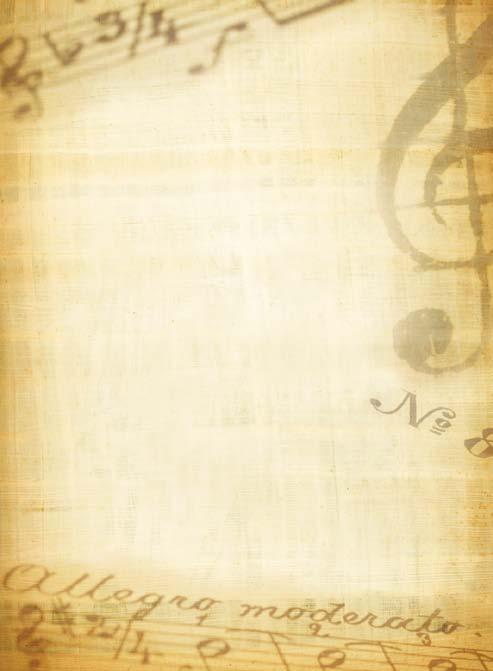the sweet sound of masonic music
The Sweet Sound of Masonic Music Robert E. Redding Albert Pike Lodge No. 33
I
have been invited, as the former Chairman of the Grand Lodge Music Committee, to share my thoughts on the role of music in the activities of the Craft in an effort to raise interest in Masonic Music and how it can serve as an effective element in the overall work of our Blue Lodges. It is there where we discover many brethren with musical talents, perhaps unused for a time. There is a considerable history of developing musical programs in the District of Columbia for both lodge meetings and ritualistic ceremonials. In the Scottish Rite, we say that music “establishes mood, touches the heart and elevates the mind”. Let us reflect briefly on the fact that music has actually has gone beyond these uses in the Craft and is a major expression of Masonic philosophy. Music “stimulates the mind and elevates the spirit”, and brings value and pleasure to all Masonic endeavors.
Music is a moral law. It gives soul to the universe, Wings to the mind, Flight to the imagination, A charm to sadness, Gaiety and life to everything. It is the essence of order and Leads to all that is good, Just and beautiful, Of which it is the invisible, Nevertheless dazzling, Passionate and eternal form.
From the earliest days of Freemasonry, music was never omitted from either lodge meetings, degree work or other rites, such as cornerstone ceremonies, building dedications, the installation of officers, and memorial services. During the latter, musical enhancements in addition to hymns might include bugle calls, or muffled drums. “Auld Lang Syne,” for instance, was not written by Bro. Robert Burns to be sung on New Year’s Eve but to be sung at the closing of the meeting of his Blue Lodge.
The Voice of Freemasonry
14
Great attention continues to be given musically to both Masonic memorial services and lodges of sorrow. While music, in the form of specific songs and melodies, was never legislated officially or made a mandatory part of the rituals themselves, it was made a part of the “spiritual furnishings” of the lodge, degrees, and other Masonic ceremonials. Thus, for centuries, music has been a valuable part of Masonic work. Let’s think together for a moment of music as a part of nature. As Freemasons, we have come to know that there are seven basic liberal arts and sciences serving the needs of mankind. They are Grammar, Rhetoric, Arithmetic, Logic, Geometry, Astronomy, and the focus of this article, Music. Music, in particular, is recommended to the attention of Masons because as the “concord of sweet sounds’ elevates the generous sentiments of the soul, so should the concord of good feeling reign among the brethren.” (Albert G. Mackey’s A Lexicon of
Freemasonry, 1852, p.318). Other authors have also emphasized the importance of music. Dr. Rex R. Hutchens, 33°, Grand Cross, in his book A Bridge to Light states: “From the discovery of harmonics by Pythagoras… the ancients… created the idea of ‘the Music of the Spheres’ or harmony in the universe; a sort of music of God.” Similarly Sir Knight John W. Dadmun in The Masonic Choir states: “Music is an element of power

